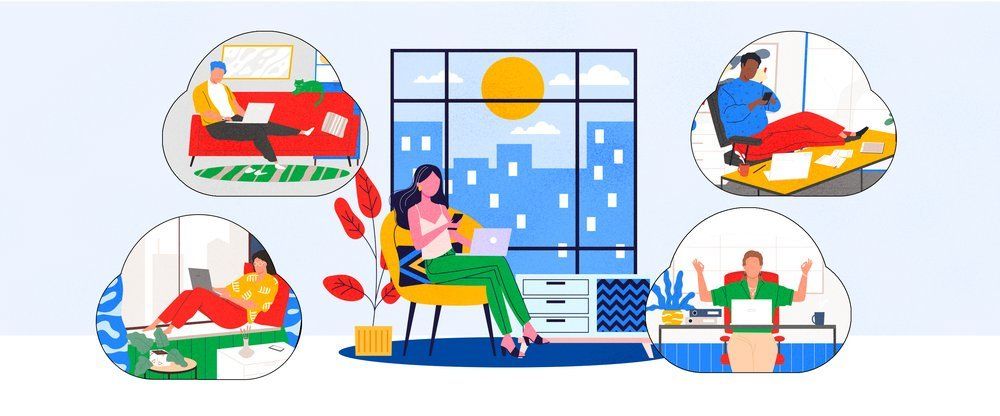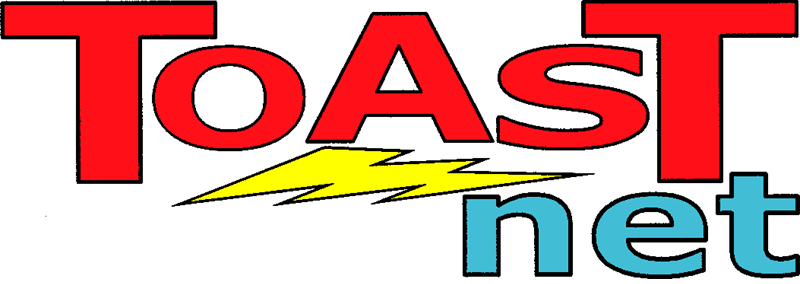The Student Laptop Guide
Lack of Size Matters
One couple I saw went directly to the 18″ XL Mega-Behemoth laptop. They were attracted to the huge screen and giant keyboard, and ended up buying it for their son heading to college. They made a huge mistake.
This poor kid is going to be running around a sprawling campus, rushing from class to class, then lugging his books, notes, and backpack back to his dorm every day. The last thing he’s going to need is a laptop the size of a Toyota Prius under his arm. There are two classes of laptops – “desktop replacements” and “compact”. The desktop replacement is just that – a space-saving replacement for the old style desktop computers. They’re typically heavy, have a terrible battery life, but are also filled with hardware, power, and have a large display. This is the type of machine you’re going to leave on a desk in your house and rarely move.
The compact laptop will have a screen size under 15″ (12″-14″ is ideal), is light, has a long battery life, and is meant to be lugged around. In my view, this design is infinitely more useful as you can take it with you and use it anywhere. 5-8+ hour batteries means your student will have power all day, and prevention of back and shoulder problems will really cut down on your chiropractic bills. Compact laptops aren’t typically as powerful as giant sized models and may lack certain features such as a DVD drive, but with the popularity of cloud computing, these issues are moot. The trend today is to use a web browser for everything, so local computing power and storage really don’t matter so much anymore. This leads to the next tip…
Keep It Simple
You’ll notice a lot of computers seem to be downsizing these days. No more huge hard drives, and manufacturers are skipping DVD and Blu-ray drives, and more power friendly processors. The reason? Local storage and processing power are becoming less important with the advent of high speed Internet and cloud computing. The trend today is to use web-based tools and web storage for everything, so very little is actually stored on your computer. The advantages of this are huge – your information and content is accessible from any computer anywhere in the world. Kids can no longer use the excuse “I forgot to bring my homework” because their work follows them to school. Many students and educational facilities are using the popular Google Docs for their schoolwork for this very reason.
As more and more functions are being handled on the web, less power, media, and storage is needed locally. This narrows the criteria, leaving you with 3 things to consider:
Keyboard layout: You want often used keys accessible, decent button spacing, and the touchpad should not get in the way when typing.
Screen quality: Look for an LED screen for best performance. Older LCD screens do not have good performance in bright light, tend to be battery hogs, and colors may look a bit washed out compared to the newer LED screens.
Battery life: Your computer is only useful if it has power. The longer the battery lasts the better. For students, look for models with a 6 cell or higher battery that provides at least 5 hours of usage.
Extras
Along with a laptop, you may want to consider a few extras. An extra battery is a lifesaver in a pinch. Check with online resellers such as Amazon.com for decent prices on laptop batteries.
A sleeve or a storage bag is also handy. Laptop backpacks allow for the storage of books, an iPod, a laptop, and more. Some are even pretty darn stylish looking .
A printer may also be needed. When considering a printer, the first thing you want to look at is the cost of ink. Printers follow the Gillette Razor model of marketing – lock the customer in with the product and make money on the refills. Usually the less expensive the printer, the higher the price of ink. I’d also recommend a printer with wireless functionality. This lets you place the printer anywhere you wish without the need to use cables.
Finally, as a companion device, tablets are beginning to come of age. A tablet computer can supplement a laptop nicely with its ultra-portable form factor and long battery life. The iPad, and Android tablets from Asus, Samsung, and Acer are great for quick web browsing, note taking, and online classes. At this stage I wouldn’t recommend a tablet as a replacement to a laptop since they can be uncomfortable to type on, but for extremely portable web access they’re tough to beat.
Summary
So, the perfect student laptop should have these features:
- Small/portable
- LED screen 12″-14″
- Battery of 5+ hours
- Consider extra battery, storage bag
- Consider a wireless printer with decently priced ink refills
- Consider a tablet as a companion device
Your kids will thank you.







